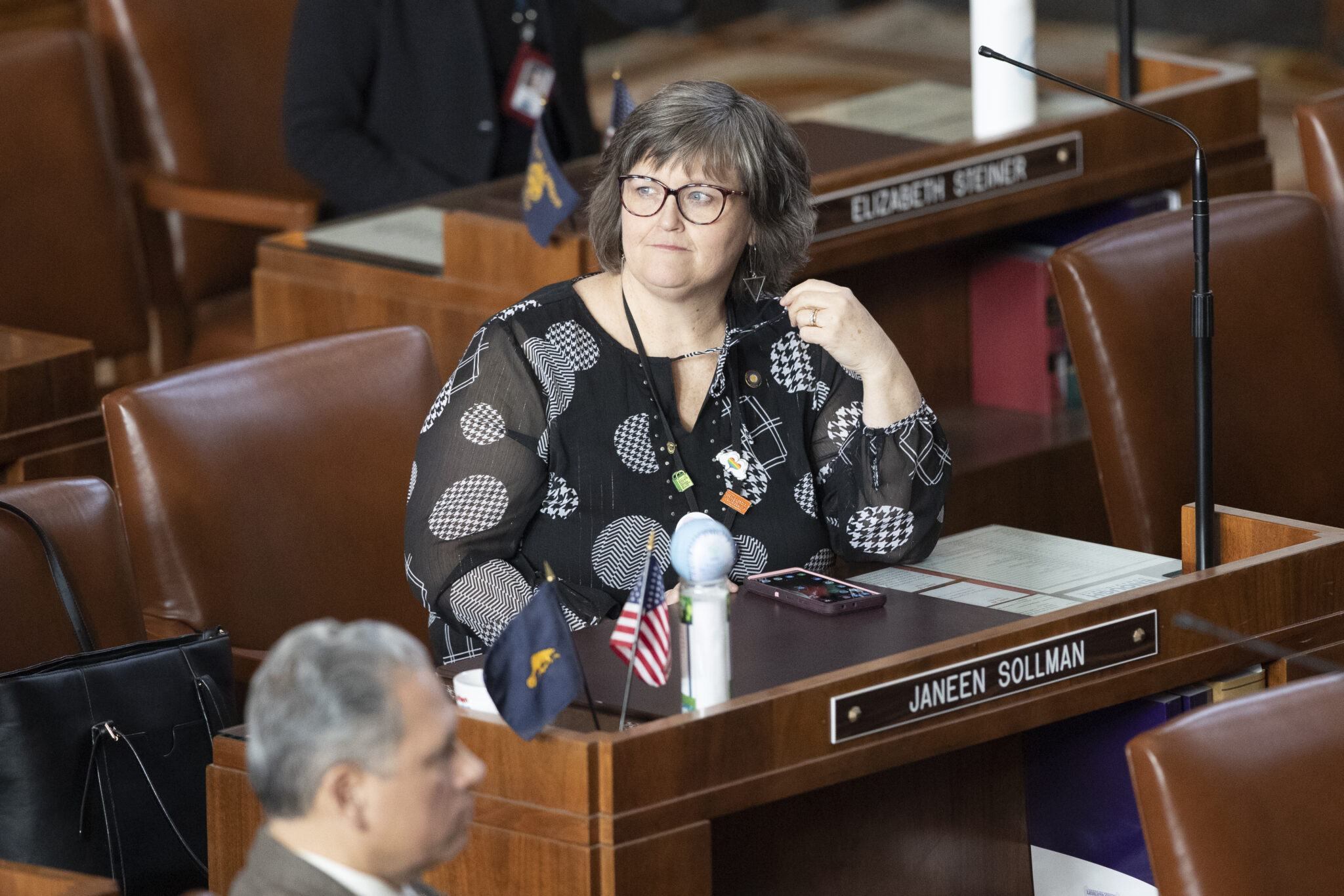Capital Chatter: Finding value in opposing views
Published 9:00 am Thursday, November 28, 2024

- capital chatter logo
Julia Wallace has been on my mind since the election.
We were of different backgrounds, different political views, different faiths. Yet we did not just co-exist; we thrived.
One example of our divergent views: the death penalty.
Executive Editor Julia Wallace had appointed me as editorial page editor at the Salem Statesman Journal. Editorials, usually unsigned, are the newspaper’s institutional voice. (At least they were in the 1990s, when most newspapers still possessed the soul — and the courage — to exert leadership on complex local, regional and occasionally national issues.)
As an editorial writer, I was like a speechwriter. I had considerable input. However, my role was to articulate the editorial board’s viewpoint regardless of whether I agreed, which sometimes happened.
Julia and I were both strong-willed. But as my boss, she never asked me to write something that would compromise my moral and ethical values. Nor did I ever ask her to support a position that would compromise her values. On capital punishment and various other issues, we found the narrow paths on which we could agree while still articulating a strong, thoughtful argument.
Achieving common ground was the goal. That emerged from respecting and understanding each other’s beliefs.
Now a journalism professor at Arizona State University, Julia was like a chess master during her three years at the Statesman Journal — always thinking several moves ahead of the rest of the staff. Even today, I would follow Julia into journalistic battle without hesitation.
That’s why I was thinking about Julia in the aftermath of the Nov. 5 election: How do we as individuals, instead of as political winners and losers, find common ground to tackle the societal problems that haunt us and the perceptions that divide us?
I know, my anecdote about Julia is but one relationship, one example — and a narrow one at that — in a state of 4.23 million individuals and a diverse nation of 337 million.
I’ve heard a lot from friends and readers, both delight and dismay, since the election.
From a friend in Idaho: “For eight-plus years we’ve been called Nazis, Fascists, deplorables, misogynists and racists. I’d like to think of myself as a Christian but I’m not willing to turn the other cheek any longer. I and many others have had enough.”
From a friend in Florida: “Incivility, anger and violence have replaced the tools of dialogue, collaboration and participation. Most of my neighbors in the Florida Panhandle are friendly until they find out I’m a Democrat, work on homeless issues or support a woman’s right to moral agency. When they do, they attack or run.”
From a friend in Oregon: “A lot of us are depressed and freaked out and disillusioned after Trump handily defeated Harris, and there’s a lot of ‘take care of each other, lift each other up’ memes going around social media. But I wondered if anyone in charge at the state level is pounding plowshares into swords — or even talking about it — in the 60 days left until the regime of the hostile and stupid takes over.”
And from another Oregon friend, a former editorial writer: “I’ve lived in the reddest part of a red state, bluest part of a red state, reddest part of a blue state and bluest part of a blue state. Living in a variety of contexts gives you a perspective that most people, including elected officials, lack. There were things I liked and disliked about each place. There were people who had a huge positive impact on my life in each place. There were people I disagreed with, and some I didn’t like much, in each place. But for the most part it was pretty easy to live a good life in each place.
I’ve learned not to assume the worst about anyone. The nation is more divided now than it was when I lived in some of those places, but it’s still possible to be civil, even friendly, to your neighbors no matter their political beliefs and to work for the common good. That’s what we all should do no matter who we voted for and no matter where we live.”
Such a journey begins with one-to-one relationships, spending time with people with whom we disagree, listening instead of trying to convince them and, these days, joining groups such as Braver Angels Oregon that bridge party lines.
A California newspaper editorialized this summer: “Participants in Braver Angels workshops often come away with a key observation: ‘We’re less divided than we’ve been told.’ …
“Political parties and many politicians capitalize on our differences to stoke partisanship, incite voters and rake in donations. Americans don’t have to play along. We’re not obligated to repost the derogatory memes that reach our social media. We can passionately advocate for our positions, whether before the school board or in neighborhood conversation, without demonizing others. We can assume that others are acting with good intent instead of seeing them as destroyers of America.”
Thank you, Julia, for mentoring me.




